In this Issue:
2 – General announcements
3 – October special: Spooky fungi
5 – Student Spotlight: Emilia Neyer
8 – MSA SPS Latinxs Panel
9 – MSA SPS resource
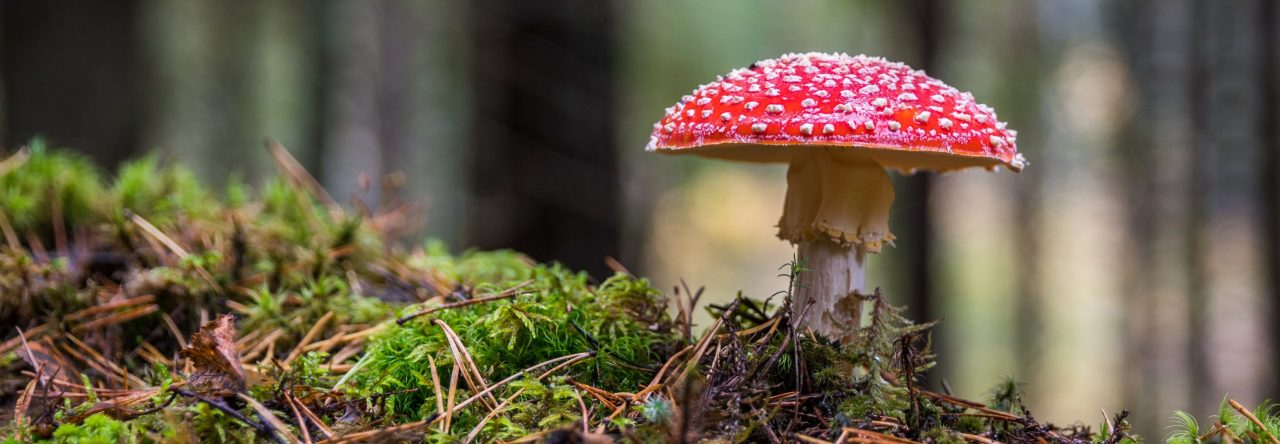
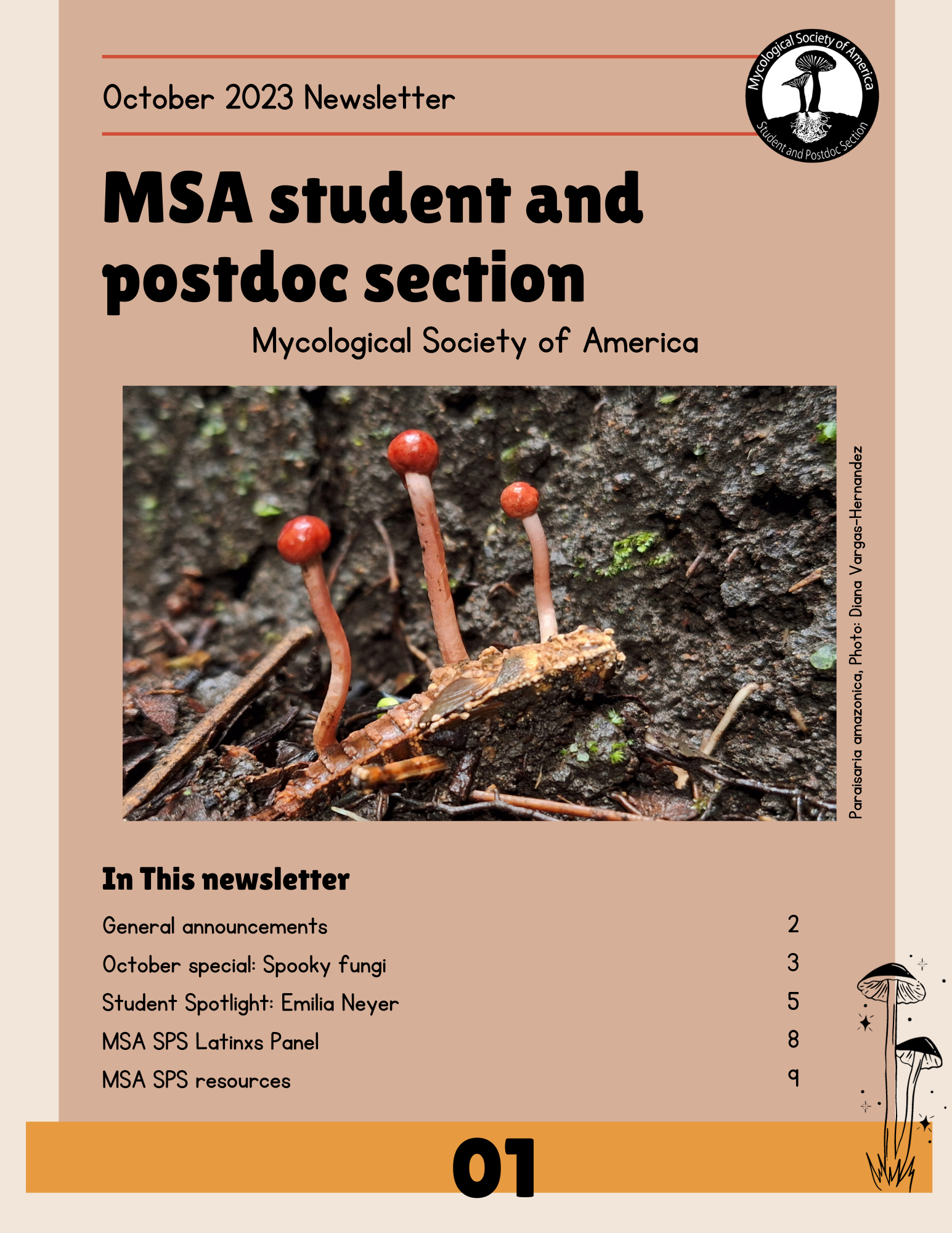
2 – General announcements
3 – October special: Spooky fungi
5 – Student Spotlight: Emilia Neyer
8 – MSA SPS Latinxs Panel
9 – MSA SPS resource
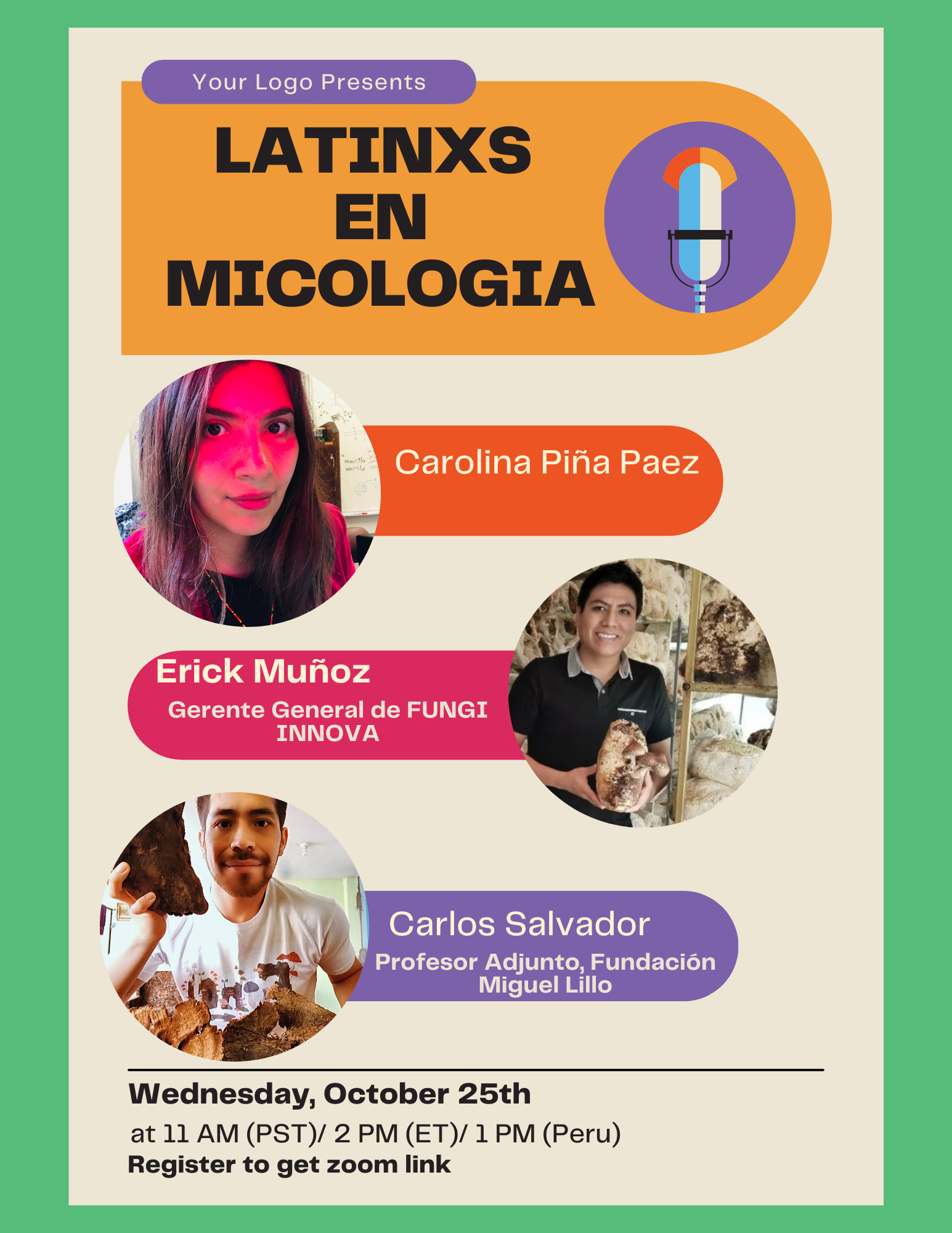

Únete a SPS para el Panel en Español por el Mes de la Herencia Hispana. En este panel conoceremos a tres investigadores y hablaremos un poco de sus carrera profesional.
Carolina Piña Paez: Postdoc en UC Riverside.
Erick Muñoz: Gerente General de FUNGI INNOVA
Carlos Salvador: Profesor Adjunto de la Fundacion Miguel Lillo
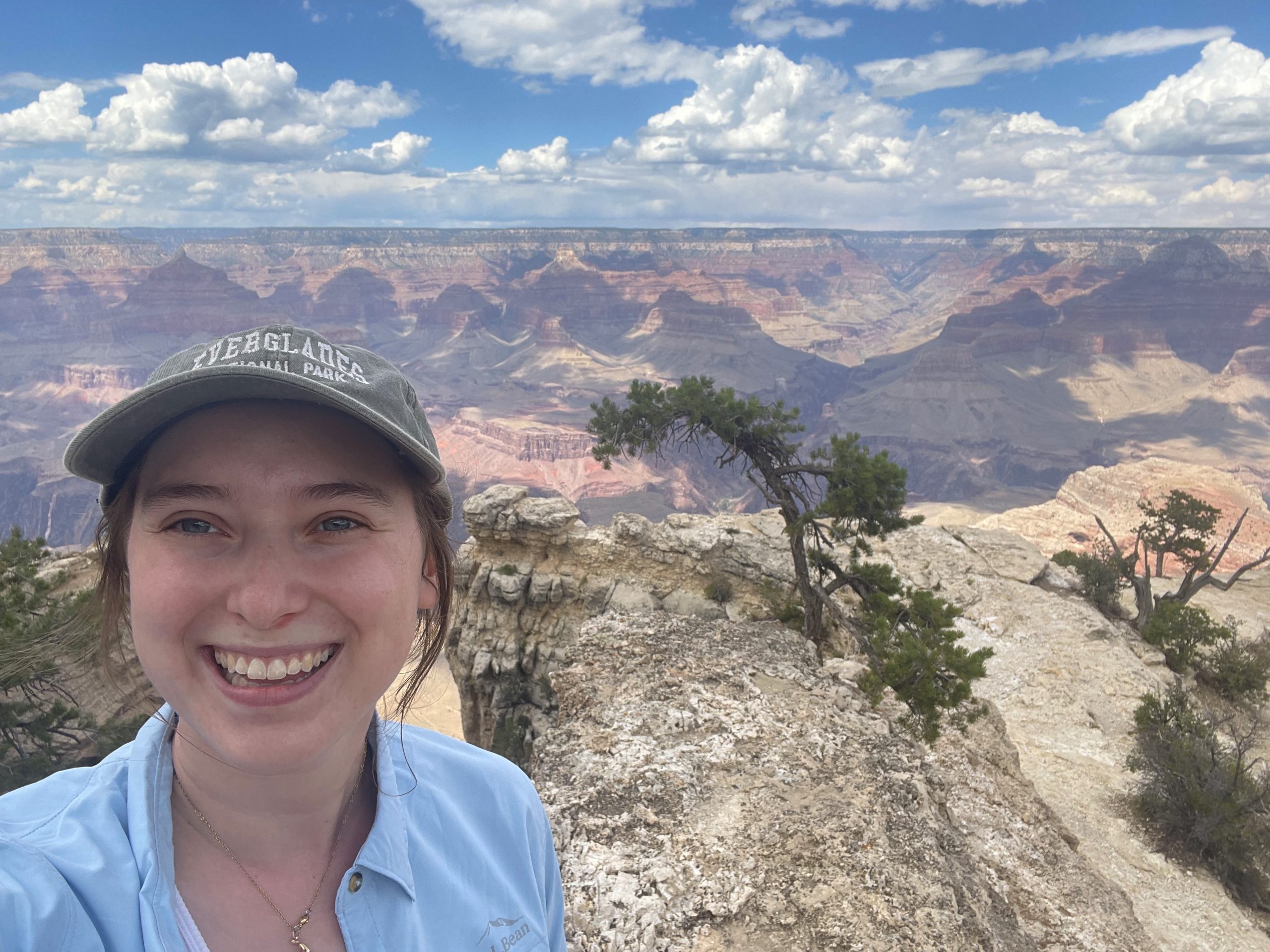
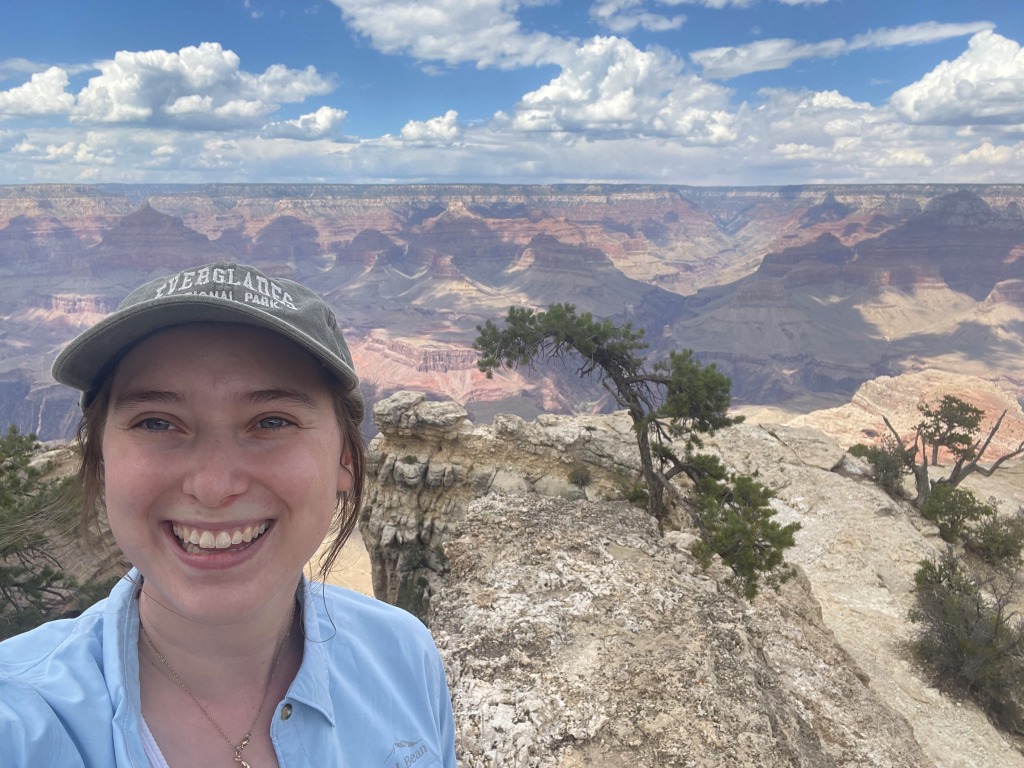






I grew up in Limerick Maine
Clark University
David Hibbett and Javier Tabima
I’m not sure yet! I’m passionate about research, agriculture, and environmental education, so we will see where I end up!
Resilience (whether its biological, societal, emotional) can come in many different forms
I received the LEEP fellowship in spring of 2022
Ophiocordyceps sinensis! I think the history is cool, and I like the idea of a parasitic fungus having potential health benefits!
I love how diverse their morphology and reproductive methods can be
My research project focuses on the species Lentinus tigrinus, a white-rot wood decaying fungus. Interestingly, this species occurs along riverbeds and on partially submerged logs within the rivers themselves. This fungus has two different phenotypic forms, one secotioid (veiled gilled) and one agaricoid (gilled). The secotioid form has only been described in North America, where the two forms can be found within the same population. I am currently looking to see if there is structuring within the population that can be found along the Ipswich River in MA, as well as using the ratio of heterozygous to homozygous individuals to determine if assortative mating is occurring within the same population.
I enjoy hiking, photography, and cooking! I also love my part time job coaching kids at a local rock climbing gym.
Most of my fieldwork happens while canoeing on the Ipswich river, leading to lots of little adventures! My favorite routine happens consistently in early summer, when the Canada geese and swans begin to bring their babies out and about into the world! Whenever they swim past us (and after we fully appreciate their adorableness, of course) there is always a battle among lab members as some of us furiously row towards the babies to get a better view, and the rest of us furiously row away, trying to steer clear of angry parents!
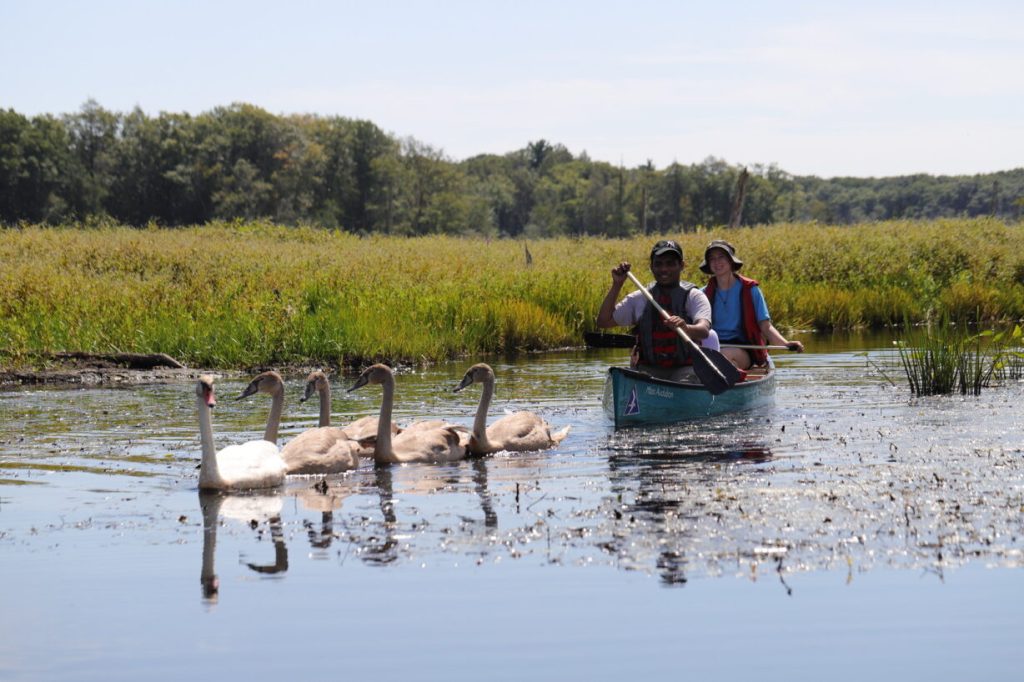
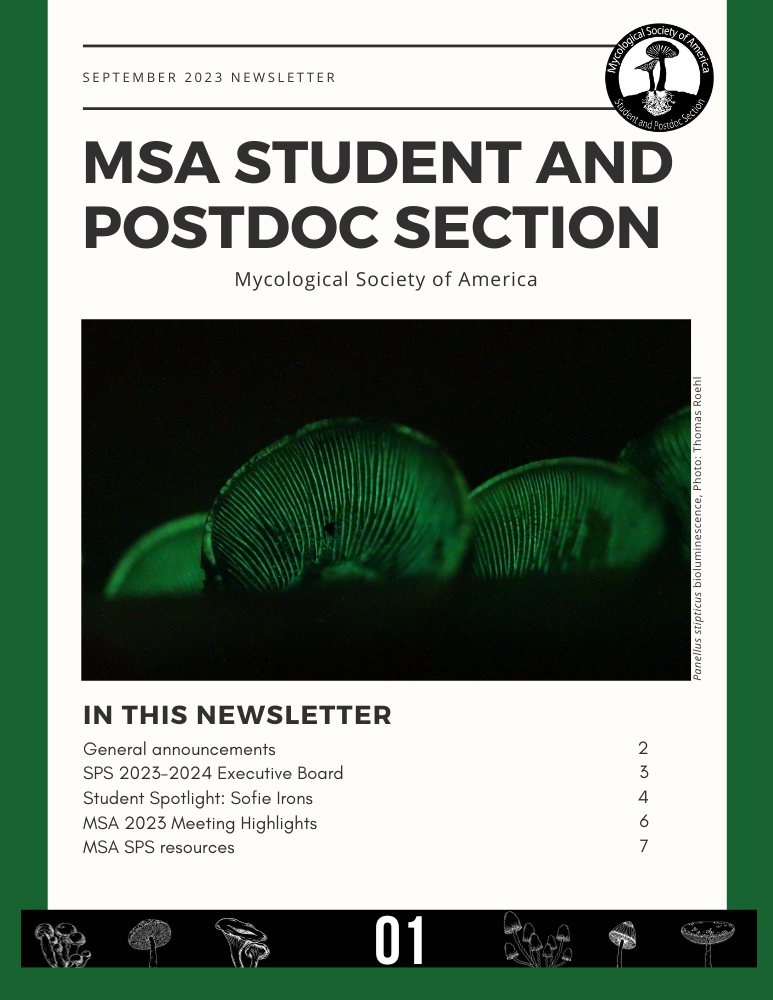
2 – General announcements
3 – SPS 2023-2024 Executive Board
4 – Student Spotlight: Sofie Irons
6 – MSA 2023 Meeting Highlights
7 – MSA SPS resources
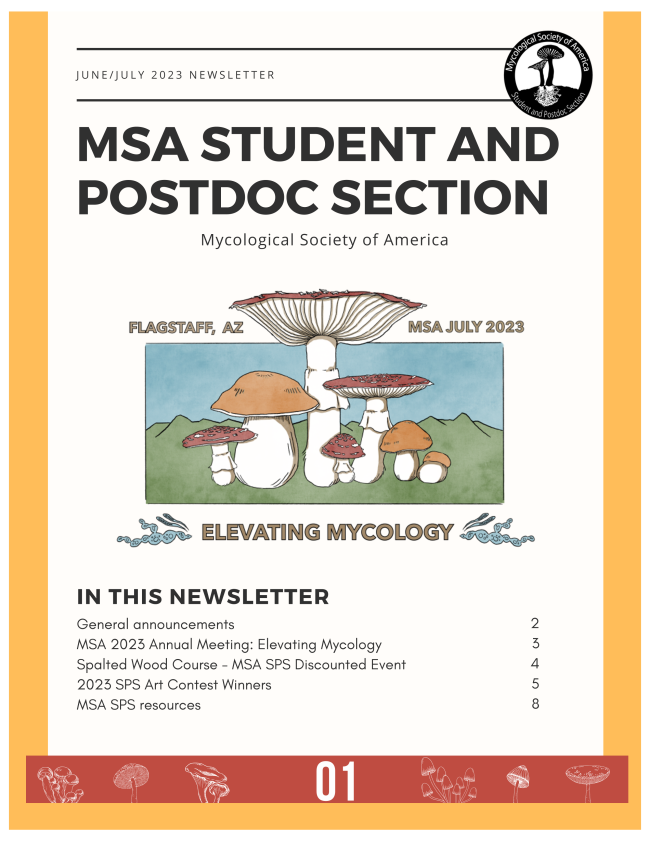
2 – General announcements
3 – MSA 2023 Annual Meeting: Elevating Mycology
4 – Spalted Wood Course – MSA SPS Discounted Event
5 – 2023 SPS Art Contest Winners
8 – MSA SPS resources


Elections are open to choose the next Student and Postdoc Section Leadership Team!
MSA SPS members should check for an email titled “Cast Your Vote for the next Student and Postdoctoral Leadership Team!” to learn more about the nominees and vote.
The deadline to vote is July 2nd!
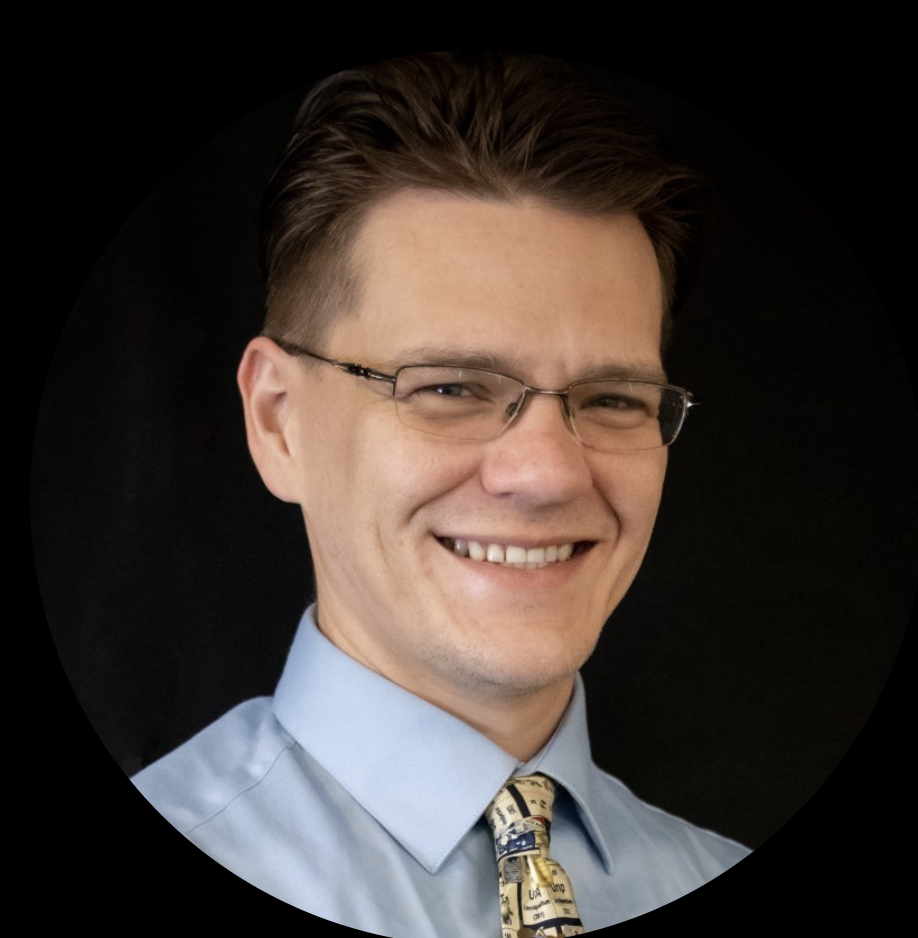

Utah
University of Utah
Dr. Eddy Cadet
Bioaccumulation of trace metals in the fungal genus Morchella. The purpose of this research is to contrast trace metal composition of morel mushrooms to the trace metal composition of the surrounding soil substrate in the canyonlands of Utah where soil geochemical composition can vary based on altitude and geophysical location. We hypothesize that by analyzing the trace metal composition of morel mushrooms and their surrounding soil substrate we can determine if morel mushrooms absorb and concentrate trace metals from their habitat. This is important because these data will determine if there is a health risk for humans and animals who consume morel mushrooms from different locations.
So many! I guess URSCA grant Primary Investigator: Water Variable Effects on Plant Biomass.
Morchella, because they are both delicious and mysterious.
I admire their capacity for adaptation and biosynthesis.
I am currently applying to PhD mycology programs at universities in the United states.
I could not find morels for years, then a professor of mine gave me a tip and since then I have found thousands and shared that experience with over 100 people by hosting morel mushroom hunt events.
I create educational content focused on fungi. Mentor college students in how to use fungi in composting. Host events for organizations like the mushroom society of Utah, the boy scouts of America and teach classes for the UVU community education department. On weekends, I bring professors, students and citizen scientists to the mountains for mycological research.
Alan Rockafellar
I was working on my botany degree when I started to realize how fundamentally critical fungi are to vascular plants. The more I learned the more fascinated I became. Now fungi are my favorite taxa, I focus now on how plants, fungi and their environmental chemistry interact.
I am a scientist, a chef and a photographer. I enjoy documenting my scientific research and culinary creations. To me botany, mycology and environmental chemistry are the same topic. These sciences can be combined to improve the quality of life on earth by transforming soil quality in agricultural and natural habitats.
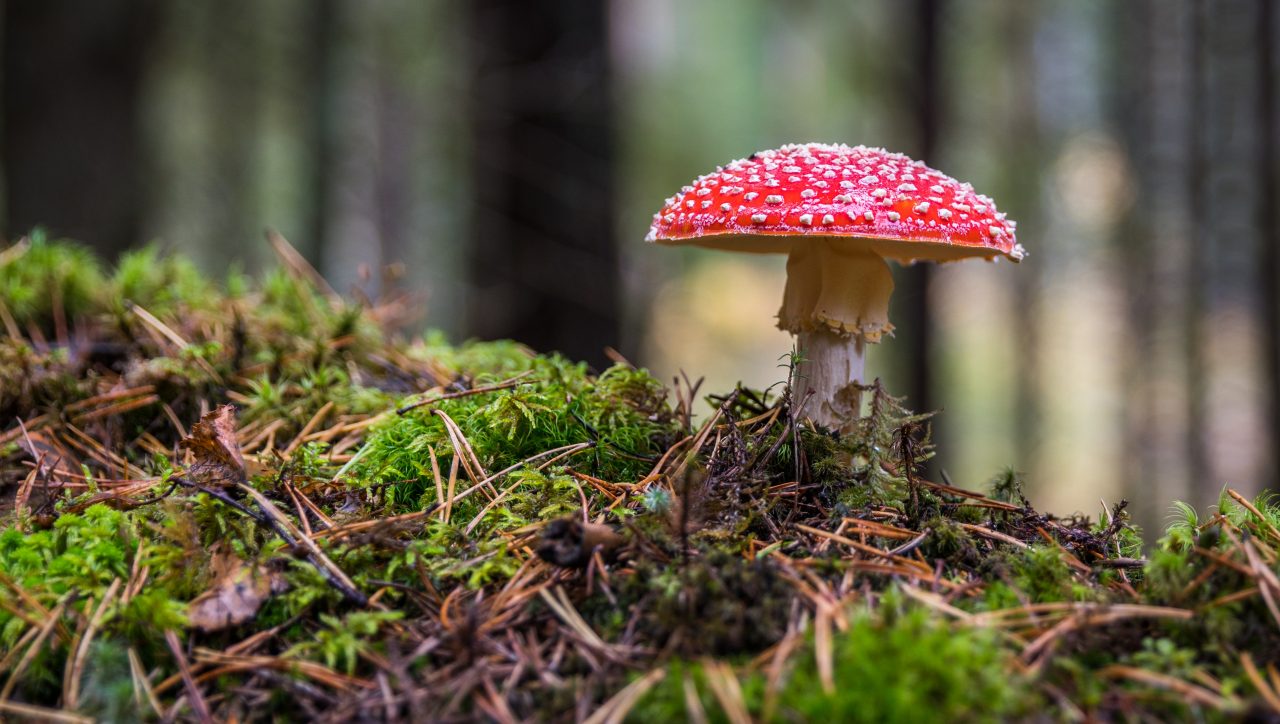
The announcement for my position in Applied Mycology at Montana State University has been released. If you are a potential applicant and have questions, you can email me (Cathy Cripps) at ccripps@montana.edu.
Read the full announcement here.
We seek a highly qualified and enthusiastic mycologist to contribute to our programs in the Plant Sciences and Plant Pathology Department at Montana State University. The appointment is 60% research, 30% teaching, and 10% service.
This full time, 9-month academic year tenure-track position requires that the successful candidate develop a nationally competitive research program directed at solving issues in mycology relevant to Montana and the region and that addresses Montana State University’s Grand Challenges (https://www.montana.edu/strategicplan/improvinglives.html).
Possible research areas include but are not limited to fungal biology and genomics, fungal biochemistry/toxicology, forest pathology, myco-culture, and fermentation science. The successful individual will support their research with extramural funding and publish original research in refereed journals and other appropriate venues.
Ph.D. in plant pathology, mycology, or related field at time of appointment.
Potential for excellence in teaching.
Potential for excellence in research and a publication record commensurate with career level.
Demonstrated ability to collaborate with other teachers and scientists.

A postdoctoral associate position is available to study turfgrass rhizosphere, phyllosphere and fungal pathogen hyphosphere microbiome, and their functions in suppressing or promoting turfgrass diseases using multi-omics techniques. This post-doctoral associate position will be housed in the Chou lab and co-advised by Dr. Ning Zhang in the Department of Plant Biology at Rutgers, The State University of New Jersey, New Brunswick, NJ. This position will also work intimately with the productive researchers in the Center for Turfgrass Science at Rutgers and contribute to the overall mission of the Center.
The position will have the following responsibilities:
The ideal candidate will have a Ph.D. degree in plant pathology, microbiology, or related discipline with extensive experience in multi-omics techniques, statistic and data analysis using R/Python, bioinformatic proficiency and excellent communication and writing skills. The position will involve collaborating with mycologists, soil scientists, plant breeders, and plant pathologists. If an exceptional candidate is identified whose ambition and capabilities exceed the proposed study’s scope, we are open to adjusting the research direction and techniques accordingly. The Chou lab is committed to accommodate any current and future lab members for their personal and professional development to the best of our capability within reason.
The starting salary is $54,250 and will be commensurate with experience. The initial appointment is for one year; renewal for additional years is likely pending satisfactory performance. Review of applications will begin immediately and continue until the position is filled. Please reach out to Dr. Ming-Yi Chou (mingyi.chou@rutgers.edu) with any questions about the position. Interested applicants are to apply online at https://jobs.rutgers.edu/postings/199300 and upload a single pdf file containing: 1) a cover letter describing your research experience and interest in the position; 2) a curriculum vitae; 3) names and contact information of at least three professional references.
Powered by WordPress & Theme by Anders Norén